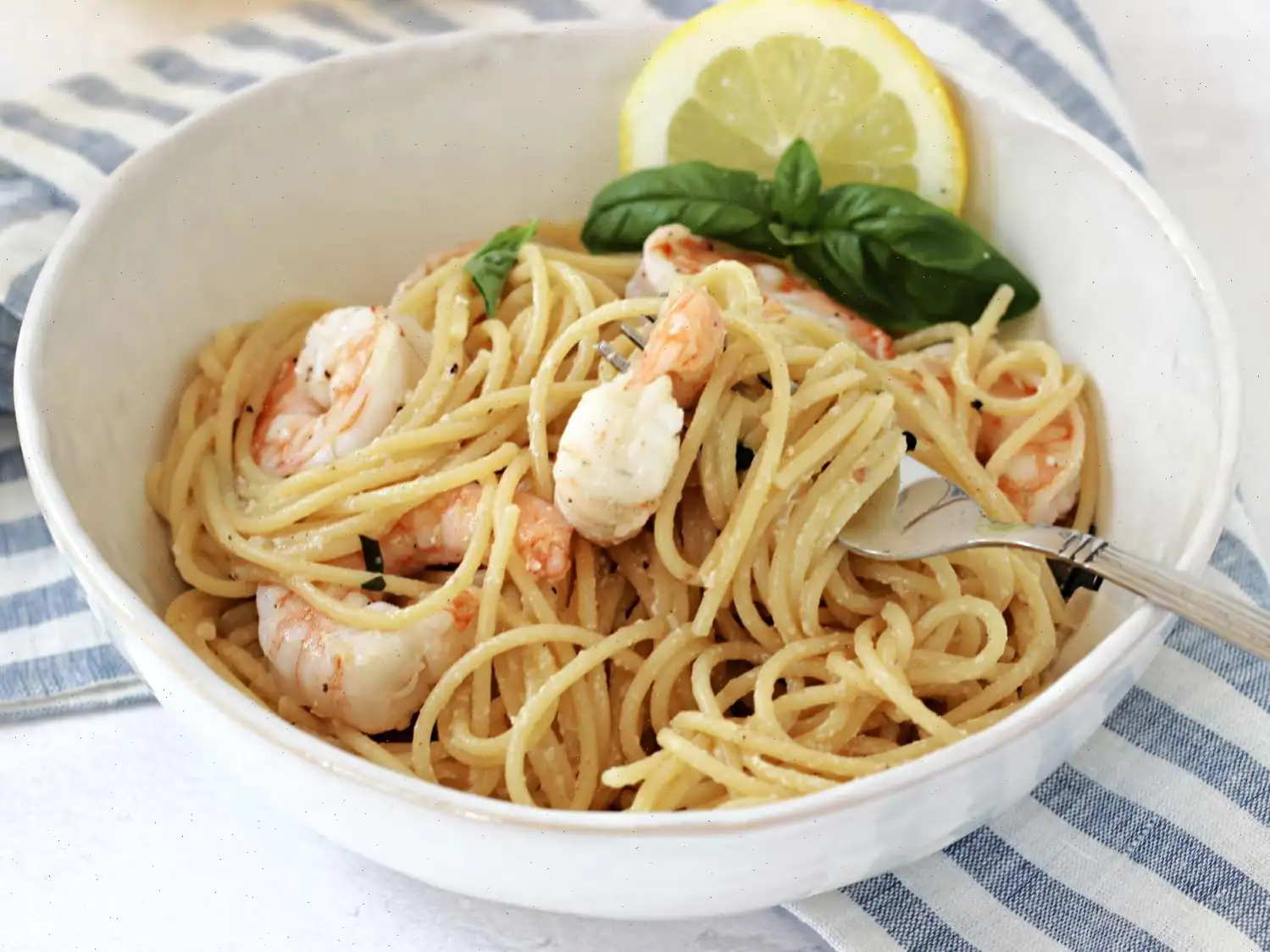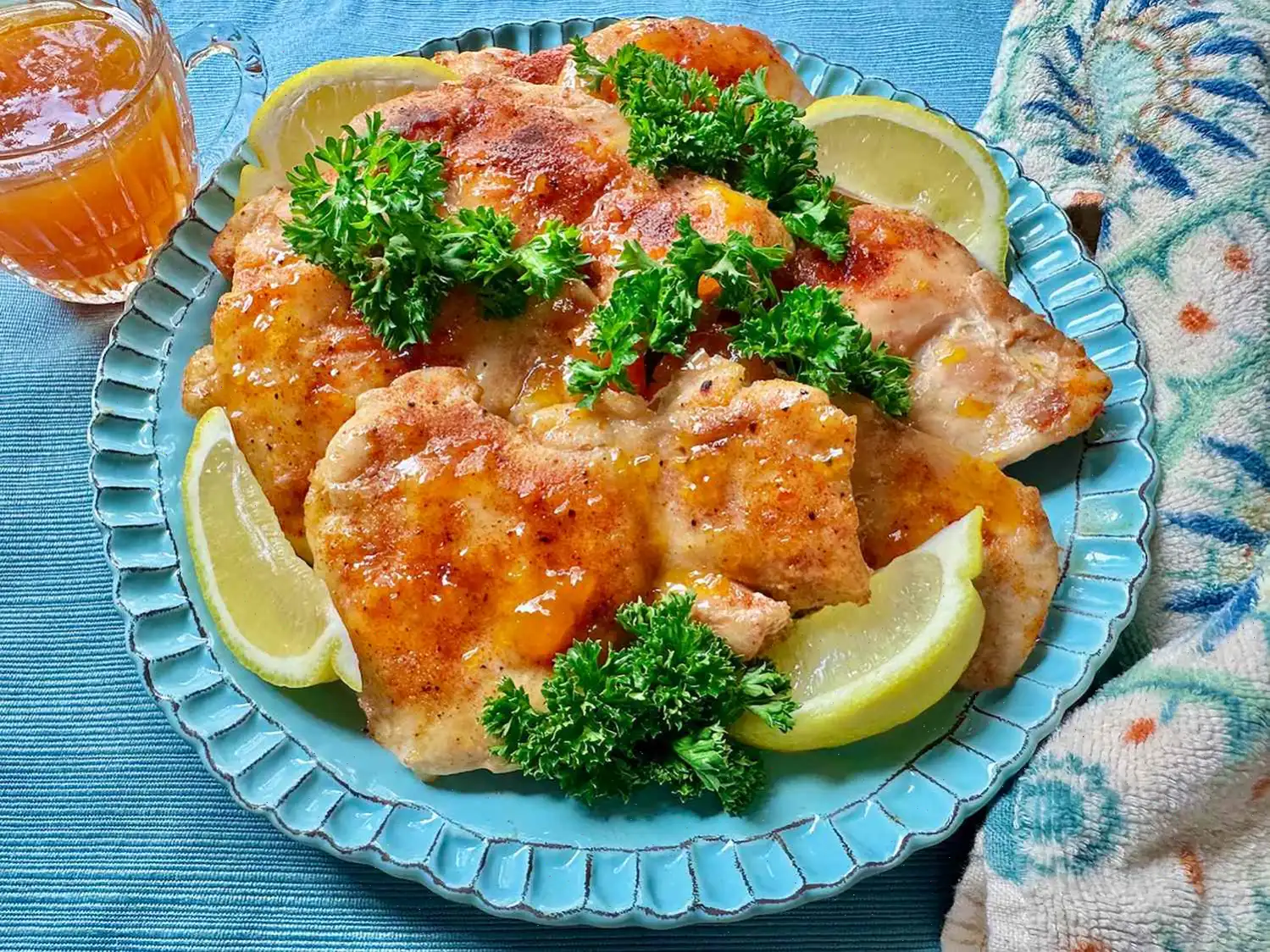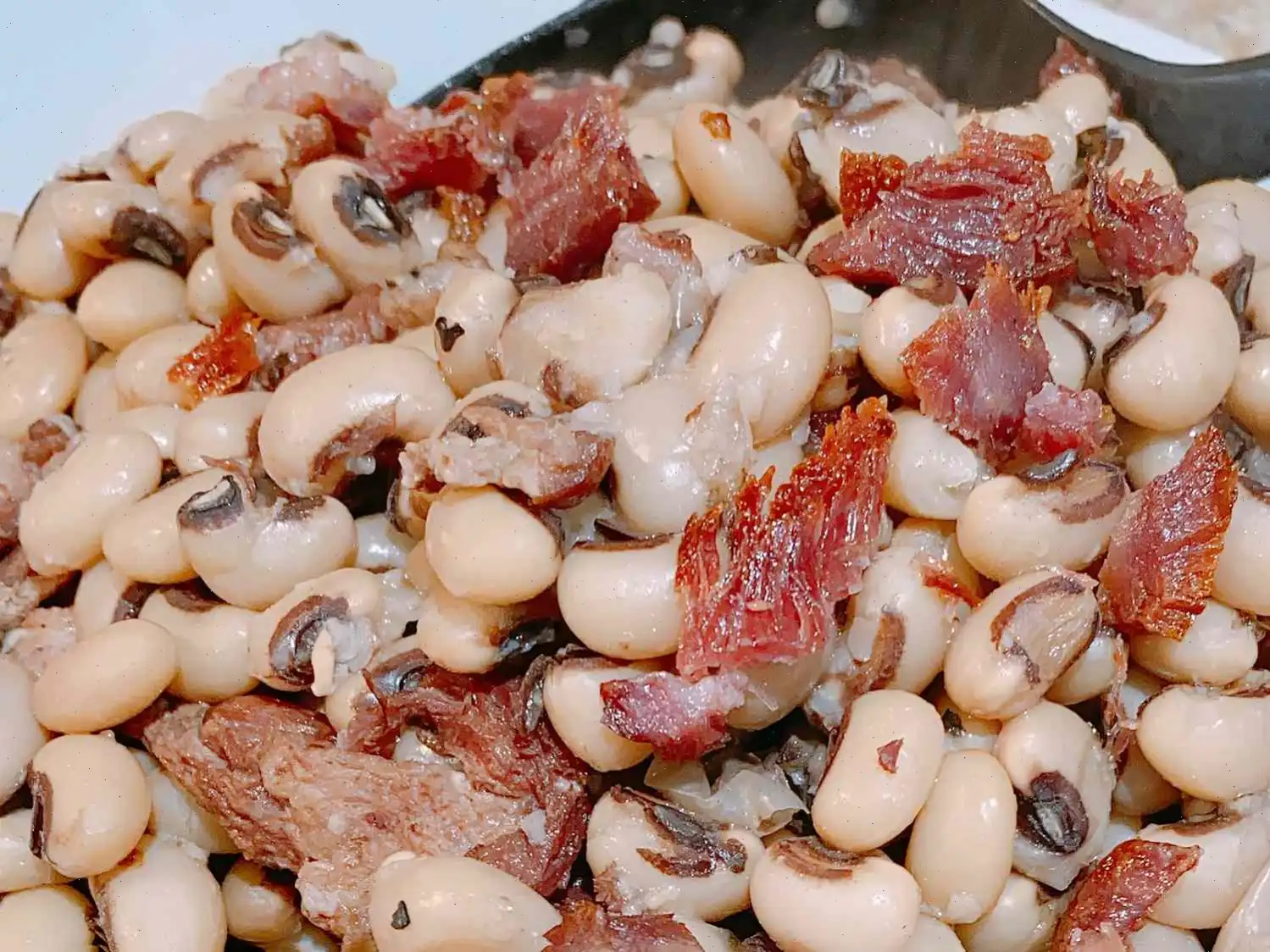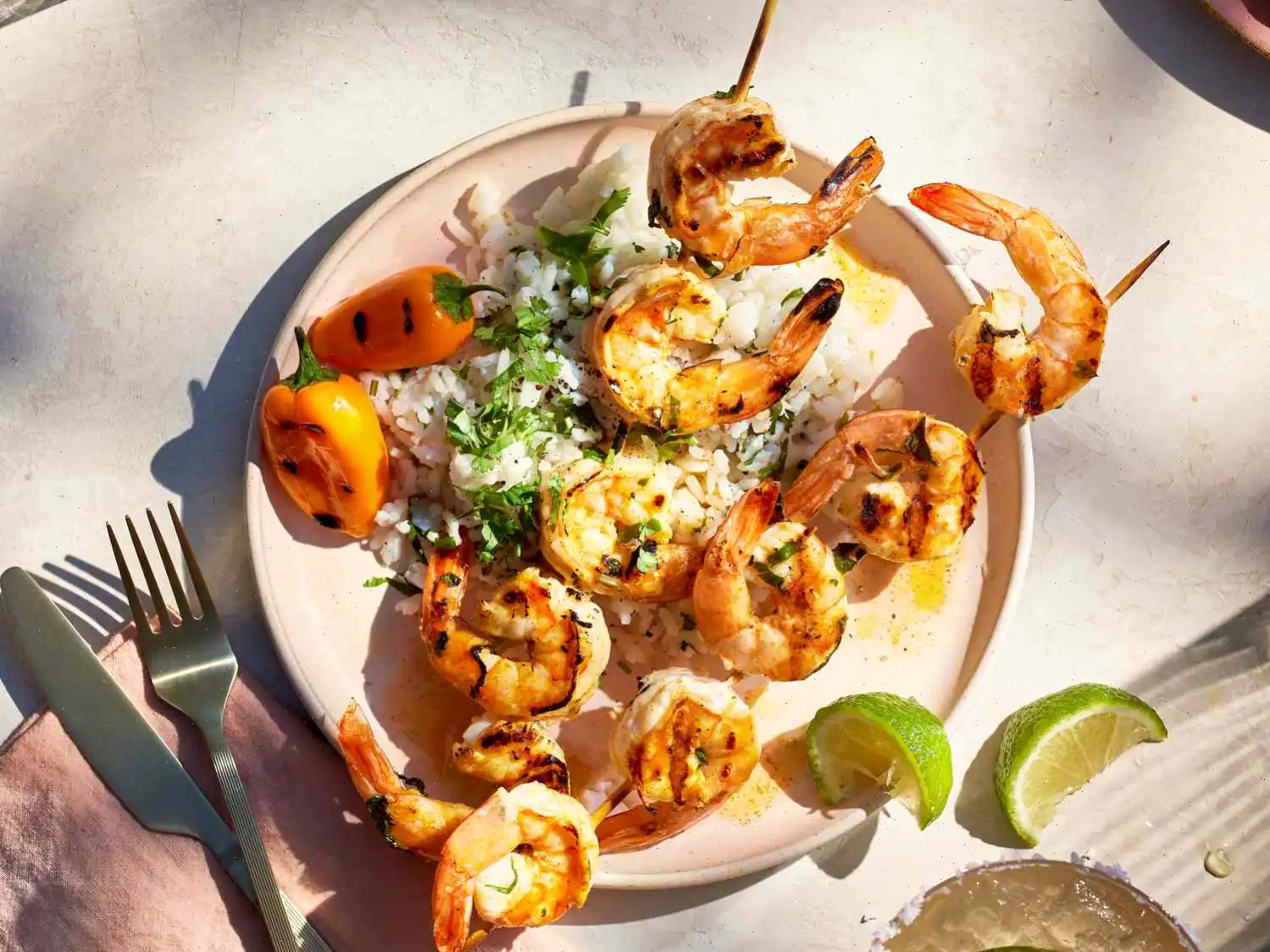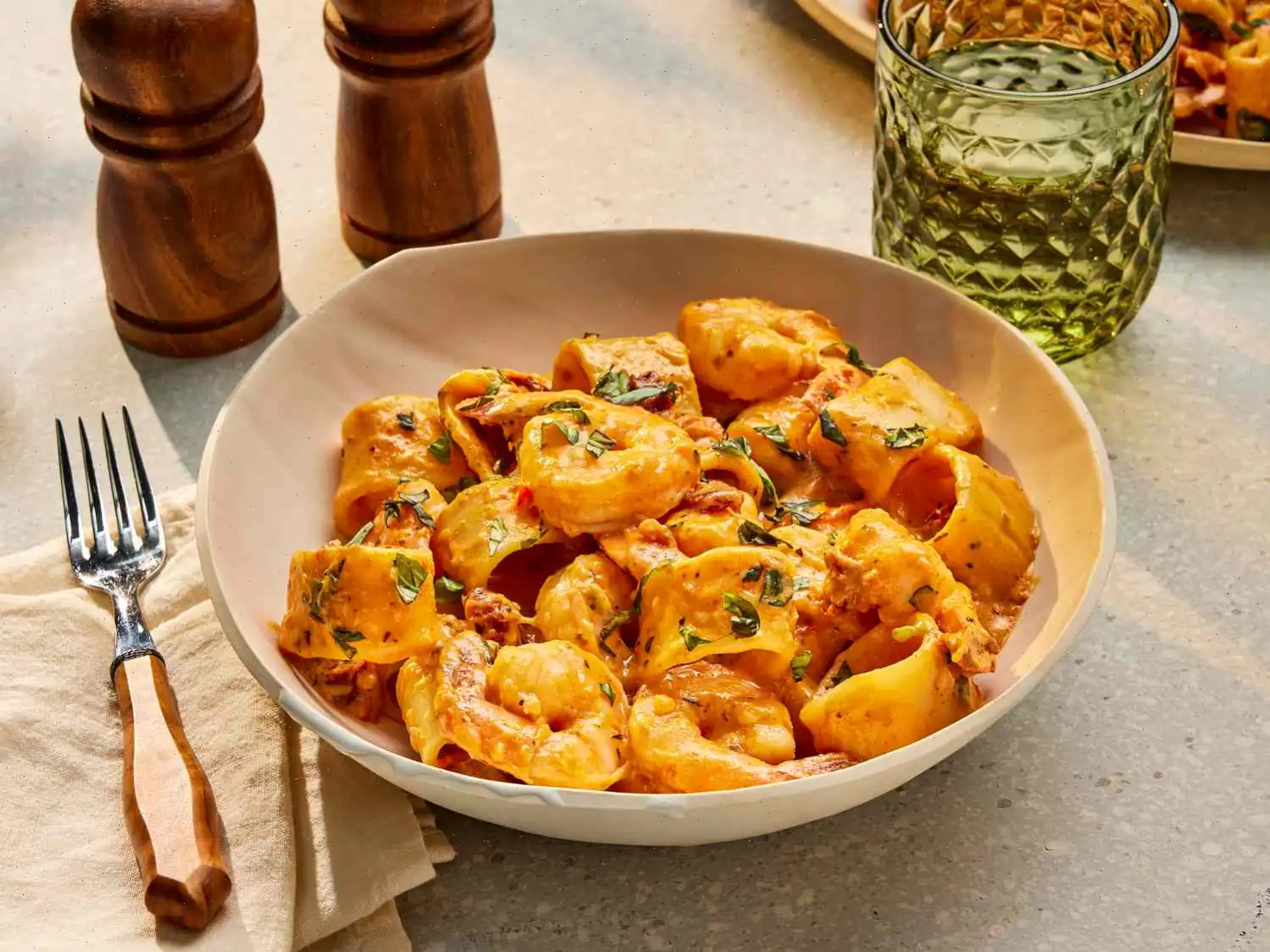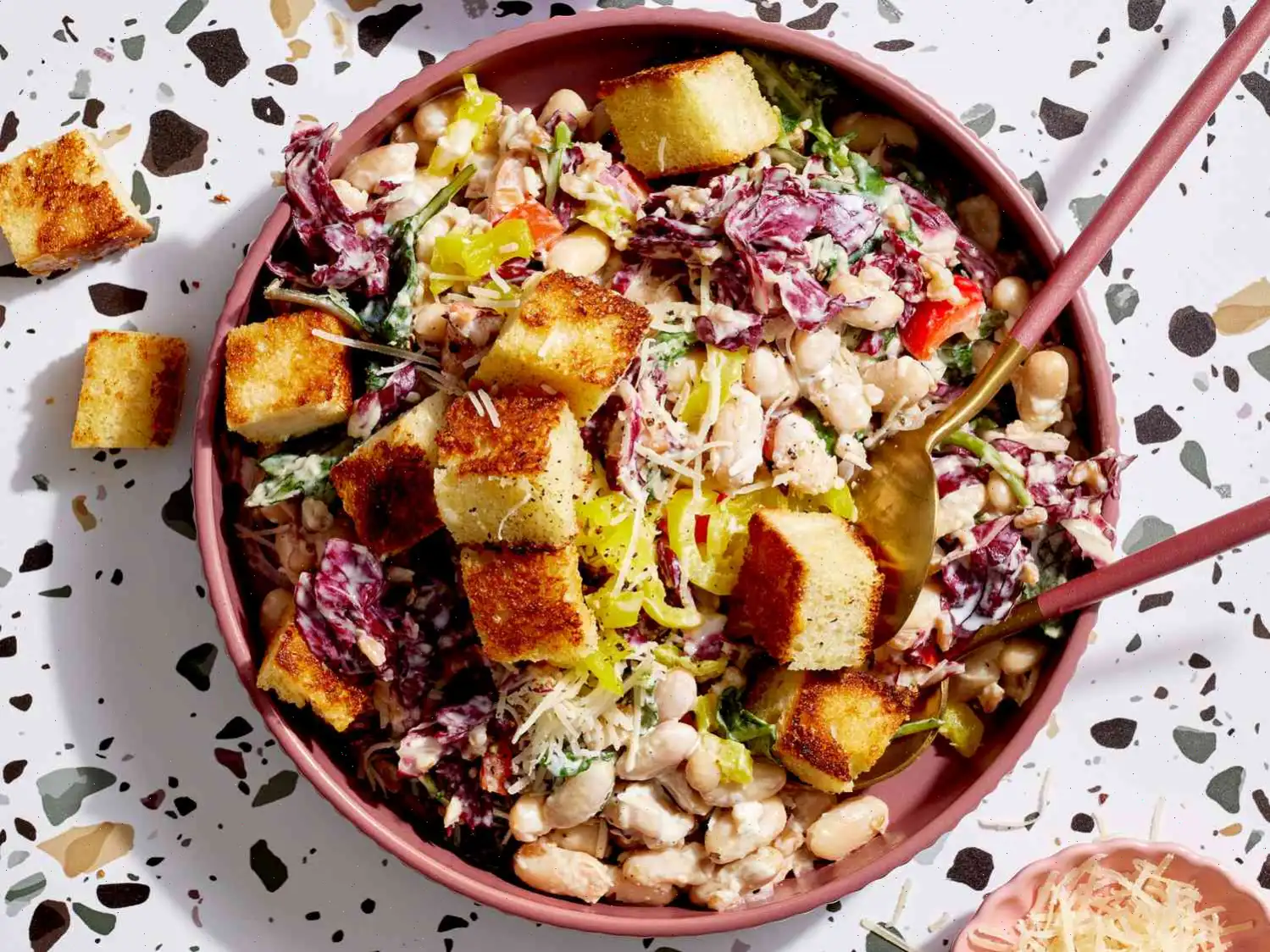
Receta de Pasta con Camarones y Limón Cremosa
Esta receta de pasta cremosa con camarones y limón es un plato delicioso y fácil de hacer para cualquier ocasión. La combinación de camarones jugosos, limón ácido y una salsa cremosa crea una comida sabrosa y satisfactoria. Ya sea que estés organizando una cena o buscando una comida rápida para la semana, esta receta seguramente impresionará. Disfruta de los sabores cítricos y frescos de este plato con una copa de vino blanco para una experiencia culinaria realmente indulgente.
Esta deliciosa receta de pasta con camarones te ofrece una combinacin perfecta de sabores frescos y cremosos, ideal para disfrutar en una cena ligera durante las noches de primavera o verano. Es un platillo fcil de preparar que sorprender a tus invitados con su sabor vibrante y textura suave.
Ingredientes
- 225 gramos de espaguetis o cualquier pasta larga de tu preferencia
- 450 gramos de camarones medianos, pelados y desvenados
- Sal y pimienta negra recin molida al gusto
- 2 cucharadas de chalotas finamente picadas
- 1 cucharada de ajo picado
- 60 ml de caldo de pollo o caldo vegetal
- 1 limn (ralladura y jugo separado)
- 120 ml de crema espesa
- 5 hojas de albahaca fresca, picadas gruesas
- Una pizca de hojuelas de chile rojo (opcional)
- Queso parmesano rallado o ms albahaca para decorar (opcional)
Instrucciones
Paso 1: Cocinar la Pasta
Llena una olla grande con agua y aade suficiente sal. Deja que hierva a fuego alto. Incorpora los espaguetis y cocina por 10-12 minutos hasta que estn al dente. Remueve de vez en cuando para evitar que se peguen. Una vez cocida, escurre la pasta y guarda una pequea taza de agua de coccin.
Paso 2: Preparar los Camarones
Mientras la pasta se cocina, calienta un poco de aceite de oliva en una sartn grande a fuego medio. Sazona los camarones con sal y pimienta. Cocina los camarones por 30 segundos de cada lado, hasta que se pongan rosados y estn bien cocidos. Retralos de la sartn y reserva.
Paso 3: Preparar la Salsa
En la misma sartn, saltea las chalotas durante 2 minutos hasta que estn tiernas. Aade el ajo picado y cocina por 1 minuto hasta que se libere su aroma. Agrega el caldo de pollo, la ralladura de limn y la mitad del jugo de limn. Deja que la mezcla se cocine durante 2 minutos para que se integren los sabores.
Paso 4: Incorporar la Crema y los Camarones
Vierte la crema espesa en la sartn y deja que hierva a fuego lento. Aade nuevamente los camarones y cocina por 2-3 minutos hasta que estn completamente calientes. Agrega las hojas de albahaca picadas para un toque fresco y aromtico.
Paso 5: Mezclar la Pasta con la Salsa
Incorpora los espaguetis escurridos directamente en la sartn con la salsa. Revuelve suavemente para que los fideos se impregnen bien con la salsa cremosa. Si es necesario, agrega un poco del agua reservada de la pasta para ajustar la consistencia de la salsa. Espolvorea las hojuelas de chile rojo y sazona con ms pimienta negra al gusto.
Paso 6: Servir
Sirve la pasta de inmediato. Como opcin, puedes decorar con ms albahaca fresca o espolvorear un poco de queso parmesano rallado por encima. Disfruta de los sabores frescos y cremosos con cada bocado!
Consejos y Variaciones
- Si prefieres una textura diferente, puedes sustituir los espaguetis por linguini o fettuccine.
- Si no encuentras chalotas, puedes usar cebolla finamente picada como alternativa.
- Para un toque extra de frescura, puedes aadir un poco ms de ralladura de limn al servir.
Informacin Nutricional (por porcin)
- Caloras: 248
- Grasas: 9g (11% DV)
- Grasas Saturadas: 5g (25% DV)
- Colesterol: 182mg (61% DV)
- Sodio: 763mg (33% DV)
- Carbohidratos Totales: 20g (7% DV)
- Fibra Diettica: 1g (4% DV)
- Azcares Totales: 2g
- Protenas: 21g (42% DV)
- Vitamina C: 2mg (2% DV)
- Calcio: 94mg (7% DV)
- Hierro: 1mg (6% DV)
- Potasio: 220mg (5% DV)
Nota: Los valores diarios estn basados en una dieta de 2000 caloras y pueden variar segn las necesidades dietticas individuales.
La Pasta Cremosa de Camarones con Limn, aunque popularizada en la cocina talo-estadounidense moderna, tiene sus races en la tradicin mediterrnea de combinar mariscos con salsas frescas y ctricas. Las regiones costeras de Italia frecuentemente ofrecan pasta con mariscos acompaada de aceite de oliva, ajo y limn, pero la adicin de crema fue una adaptacin posterior, popularizada en Estados Unidos a mediados del siglo XX. Esta transformacin permiti un plato ms rico y indulgente, manteniendo al mismo tiempo el carcter ligero y cido que naturalmente acompaa a los mariscos.
Variaciones Regionales
A lo largo de Italia, la pasta con mariscos vara considerablemente dependiendo de la pesca local y las tradiciones culinarias. En las regiones costeras del sur, como Sicilia y Campania, la pasta con camarones a menudo incluye tomates, alcaparras y hierbas frescas, reflejando el paladar mediterrneo. Sin embargo, en las cocinas talo-estadounidenses, surgi una versin cremosa con nata, limn y albahaca, enfatizando el equilibrio entre acidez y riqueza. Algunos restaurantes costeros en Estados Unidos incluso agregan un toque de vino blanco o utilizan linguine en lugar de espaguetis, dndole un toque regional distintivo.
Diferencias con Platos Similares
La Pasta Cremosa de Camarones con Limn se compara a menudo con platos como el Shrimp Alfredo o el Camarn al Ajillo (Shrimp Scampi). Lo que la distingue es la interaccin entre el ctrico y la crema. A diferencia del Shrimp Alfredo, que es pesado y muy quesoso, este plato resalta la frescura del limn, manteniendo la salsa ligera pero aterciopelada. A diferencia del Camarn al Ajillo, que depende principalmente de la mantequilla y el ajo, la adicin de crema crea una textura ms lujosa, y la inclusin de albahaca fresca aporta una complejidad aromtica nica que distingue esta receta.
Ocasiones Tpicas para Servirlo
Este plato se sirve comnmente como entrada para la cena, a menudo acompaado de un vino blanco fresco, como Pinot Grigio o Sauvignon Blanc. Es popular tanto en comidas familiares casuales como en restaurantes costeros de alta gama. Durante la primavera y el verano, es especialmente apreciado por su sabor fresco y vibrante, y su ligereza en comparacin con otros platos de pasta ms pesados. La pasta de camarones con limn tambin es perfecta para ocasiones especiales, cenas o incluso como un capricho de fin de semana cuando se desea una comida de calidad de restaurante en casa.
Datos Interesantes
- La combinacin de limn y mariscos es una prctica centenaria mediterrnea, originalmente destinada a enmascarar los fuertes sabores del pescado y aadir frescura.
- Usar el agua de la pasta para ajustar la consistencia de la salsa es una tcnica tradicional italiana que mejora la textura y permite que la salsa se adhiera perfectamente a los fideos.
- El plato puede ser fcilmente personalizado con ingredientes como espinacas, tomates secos o un toque de hojuelas de pimiento rojo, lo que lo hace verstil para los cocineros caseros.
- A pesar de su popularidad moderna en los EE. UU., la pasta cremosa de camarones con limn rara vez se encuentra en las trattorias italianas tradicionales, donde se prefieren las salsas a base de aceite de oliva para los mariscos.
- La ralladura de limn, en lugar de solo el jugo, es crucial para lograr el aroma brillante caracterstico que define este plato.
Puedes escuchar esta receta en formato de audio de IA. Simplemente haz clic en el botón de reproducción a continuación para escuchar el contenido en el formato que mejor te convenga. ¡Es una excelente manera de absorber información sobre la marcha!
Preguntas frecuentes sobre Receta de Pasta con Camarones y Limón Cremosa
Compartir
Comentarios
Ian Cryar
10/06/2025 01:52:54 PM
Haremos esto de inmediato, pero con un ajuste: usar caldo de camarón en lugar de caldo de pollo.
Alana Voeks
04/15/2025 03:37:00 AM
¡Esta receta fue muy deliciosa! No demasiado pesada, ni picante, y fresca y satisfactoria (especialmente si agregas verduras). Recomiendo sazonar los camarones de manera cítrica y picante, o con tu condimento favorito para camarones. Cambié la albahaca por condimento italiano, agregándolo junto con el ajo para que se libere el sabor.
terrip
12/29/2024 04:44:34 PM
Le pusimos queso parmesano por encima. ¡Delicioso!
Brian Davis
02/21/2025 04:17:21 PM
Lo hice para la cena — a todos les encantó.
Jessica Green
12/09/2024 09:25:52 PM
Me encanta lo rápido que fue de preparar.
GlitzyLox6524
07/01/2024 02:02:56 AM
Mi esposo y yo amamos esta receta. Lo único que hice diferente fue agregar una chalota entera, 2 dientes de ajo picados y crema extra. También usé la ralladura de un limón grande. Aun así, quedó increíble.

